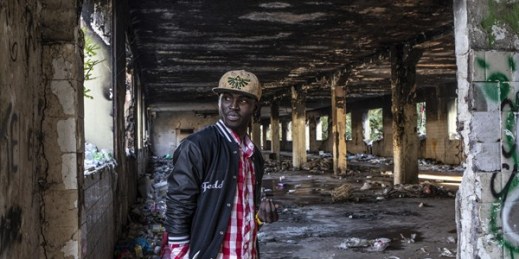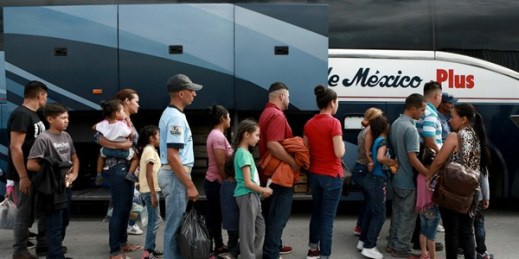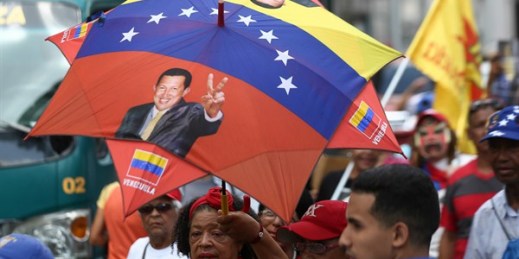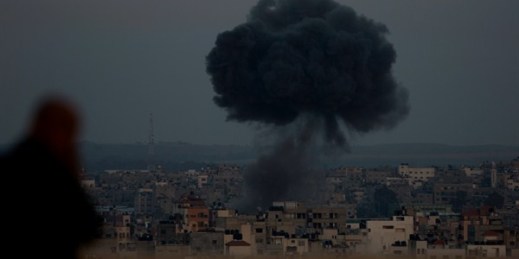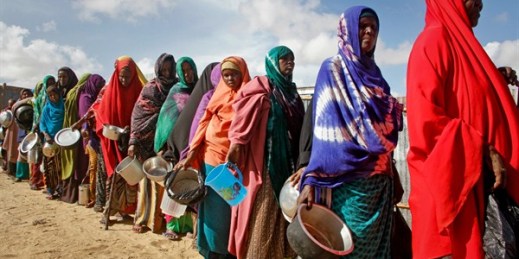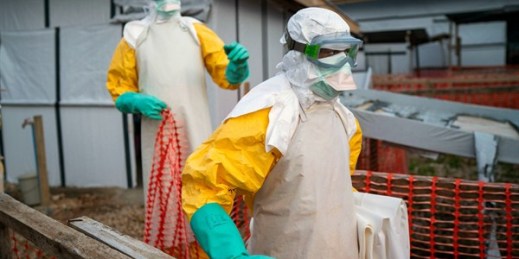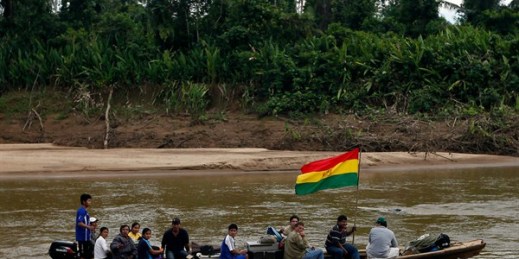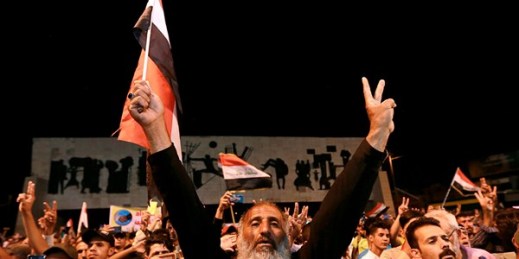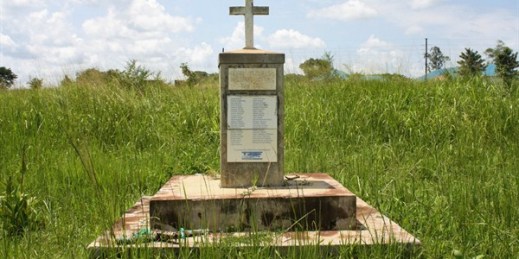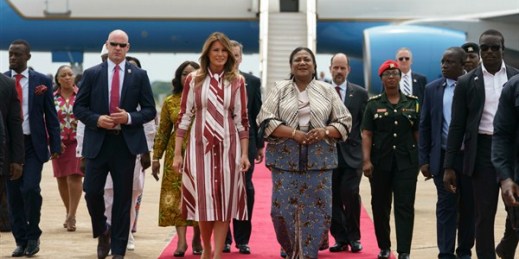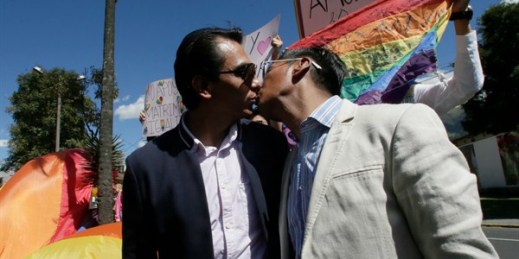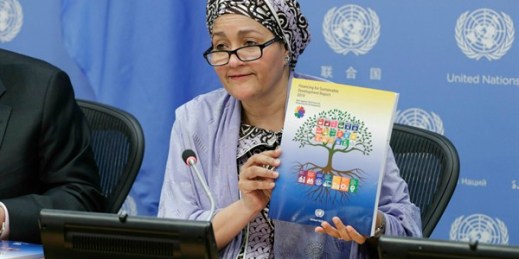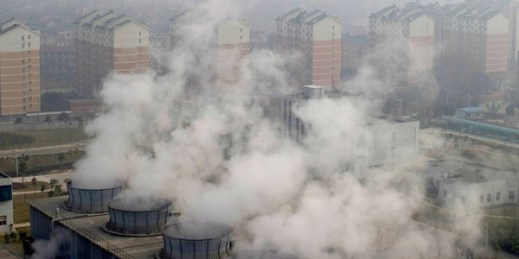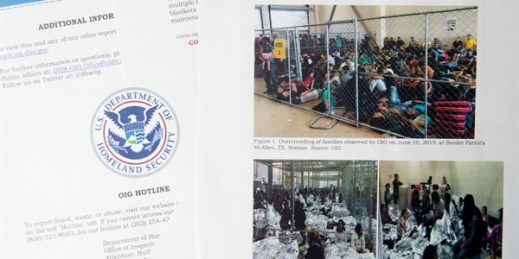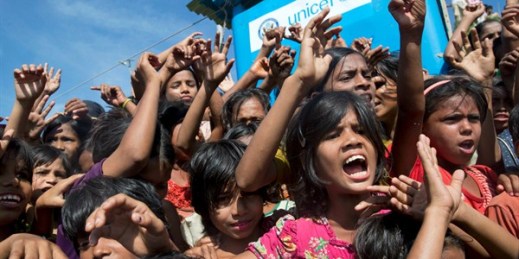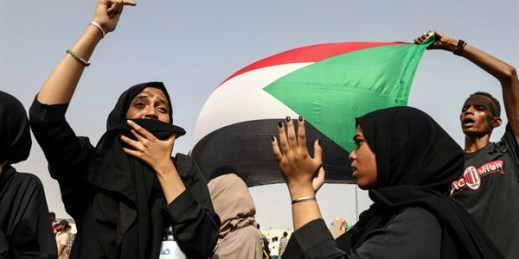
Earlier this month, Sudan’s ruling military council and the opposition pro-democracy movement reached agreement on the broad outlines of a power-sharing deal. The document lays out a three-year roadmap toward free elections and permanent civilian rule. But the two sides have yet to agree on key details, and the opposition is continuing to demand accountability for a bloody crackdown by the military in June that left more than 100 people dead. In a sign of the process’ shakiness, a planned negotiating round was canceled this week in response to the killing of five schoolchildren by security forces during a peaceful […]

